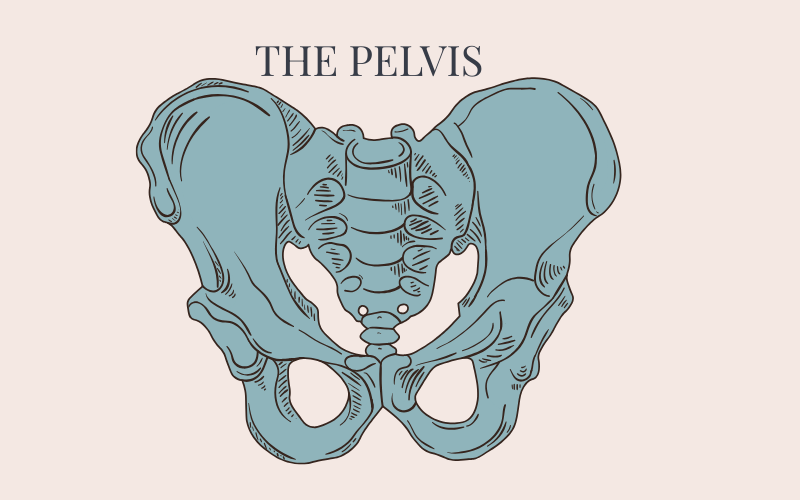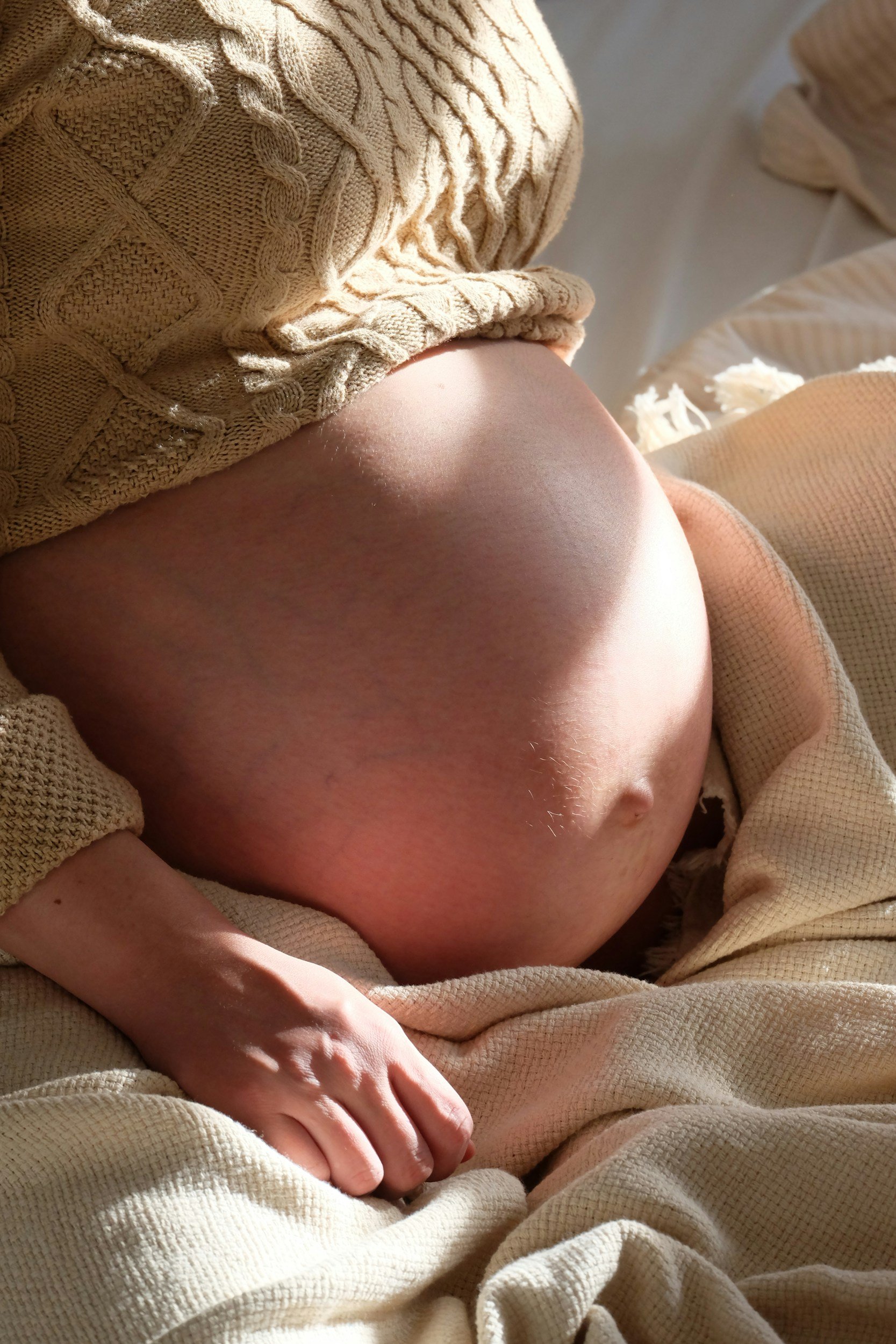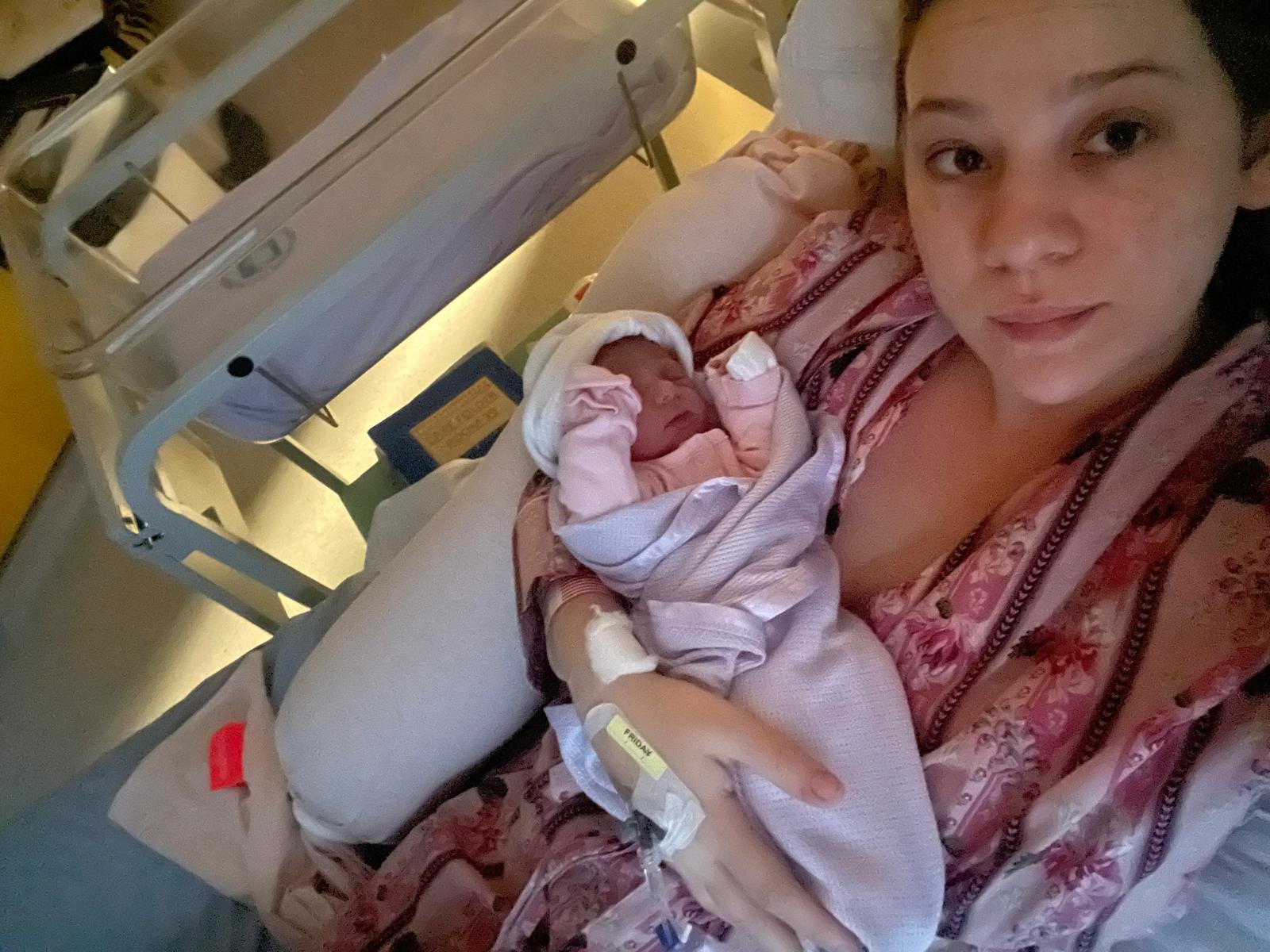
Instruments Used in Birth: What They Do, When They’re Used, and Why Understanding Them Matters
Instrumental birth is one of the most poorly understood aspects of modern maternity care. For many parents, forceps or ventouse are only introduced at the point they are recommended — often during an intense, time-pressured moment.
Yet these tools have clear clinical indications, specific mechanical functions, and predictable implications for birth experience and recovery. Understanding them antenatally allows parents to engage with decisions from a place of knowledge rather than fear.

Water Birth: A Complete Guide to Birth Pools
For many parents, the idea of labouring or giving birth in water feels instinctive — calm, private, and deeply soothing. But what are the real benefits? Are there risks? And how can you set up a birth pool safely at home?

What Is an Epidural? A Complete Guide for Expectant Parents
When it comes to labour pain relief, epidurals are one of the most talked-about — and misunderstood — options. Many expectant parents aren’t sure how they work, what to expect, or how they might affect birth.

How the Brain Remembers Birth: The Science of Emotion, Memory, and Meaning
Birth is more than a physical process — it’s a profound neurological and emotional event.
Every birth, no matter how it unfolds, leaves an imprint.
Some parents recall moments of strength, euphoria, or deep connection; others remember fear, confusion, or intensity. Many hold both.

Why Oestrogen Crashes After Birth (and How to Support the Rebuild)
After birth, your body undergoes one of the most dramatic hormonal shifts it will ever experience. In the space of a few days, levels of oestrogen — which were sky-high throughout pregnancy — plummet to almost pre-pregnancy levels.

When Plans Change: Staying Grounded Through Unexpected Birth Decisions
No two births unfold the same way — and sometimes, even with the best preparation, things change. Labour can take an unexpected turn, a care plan may shift, or interventions might be recommended faster than you imagined.

Vitamin B12 in Pregnancy and Postpartum: Why It Matters More Than You Think
When it comes to pregnancy nutrition, iron, folate, and vitamin D often take the spotlight — but there’s another nutrient that deserves just as much attention: vitamin B12.
This powerhouse vitamin supports everything from your baby’s brain development to your own energy, mood, and recovery. Here’s what every parent should know.

Birthing the Placenta: What to Expect and What You Need to Know
When we talk about labour and birth, most people’s minds jump to the moment the baby arrives. But labour isn’t truly complete until the placenta has been birthed. This third stage of labour is just as important as the first two—and understanding your choices, what might happen, and how it’s managed can help you feel calmer and more prepared.

The Pelvis in Pregnancy and Labour: Structure, Function and Adaptation
The human pelvis plays a central role in pregnancy and labour. It forms the bony passage through which a baby is born, while also adapting throughout pregnancy to support the growing uterus. Understanding the anatomy and function of the pelvis can empower women and birthing people to approach labour with greater knowledge, confidence and trust in their bodies.

Pressure Points of Calm: Reflexology’s Role in Pregnancy
Pregnancy is a time of profound change — not only physically, but emotionally and mentally. Many expectant mothers explore complementary therapies to ease discomfort, reduce stress, and prepare for birth. Among these, reflexology has gained particular interest as a gentle, non-invasive option. But what exactly is reflexology, and what does science say about its role in pregnancy?

Pregnancy Brain: What Science Says About Forgetfulness and Focus in Motherhood
If you’ve ever walked into a room while pregnant and forgotten why you went there—or found yourself searching for your keys while holding them—it’s tempting to blame it on “pregnancy brain.” But is this foggy-headed feeling just a cultural myth, or is there real science behind it?

Circadian Rhythms and Labour Timing: Does the Body Know When to Birth?
Discover how circadian rhythms, light exposure, and birth hormones influence the natural timing of labour. Learn why many births begin during the night.

The Latent Phase of Labour: Why It’s Misunderstood and Often Overlooked
When people imagine labour, they often think of dramatic contractions, waters breaking, and a quick dash to hospital. But labour often begins in a much quieter, more subtle way—this is known as the latent phase.

The Uterus: Your Baby’s First Home and Birth Muscle
Breastfeeding is natural, essential and protected by law—but doing it in public can still feel daunting. Whether you’re a first-time mum or a seasoned parent, feeding your baby outside the comfort of home can stir up anxiety, uncertainty, and occasionally unwanted attention.

Postnatal Nutrient Depletion: What Mothers Need to Replenish
Growing, birthing, and feeding a baby takes an enormous toll on the body. After birth, many mums experience a steep drop in key nutrients—a phenomenon known as postnatal nutrient depletion. This isn’t just “new mum tiredness.” It’s a physiological gap that, if left unaddressed, can undermine healing, hormone balance, mental clarity, and emotional resilience.

Nesting Instinct: What Science Says About Pre-Birth Prep
The nesting instinct is a powerful drive that kicks in during pregnancy—usually in the final trimester—urging expectant parents to get their home “baby-ready.” It can feel like an urgent mission: clean every corner, stock every shelf, wash every onesie. It’s part instinct, part anxiety, and often a little bit magica

How Birth Partners Influence Hormones During Labour
The journey of childbirth is not only a physical process but also a deeply emotional and hormonal experience. While medical professionals play a crucial role, the presence of a supportive birth partner can significantly impact the hormonal balance during labour, influencing the overall birthing experience.

Healing After Birth: A Guide to Perineal Care & Abdominal Birth Recovery
Bringing a baby into the world is an incredible experience, but your body also goes through significant changes and challenges. Whether you’ve had a vaginal birth with perineal tearing or an episiotomy, or a caesarean delivery, your body needs time, rest, and the right care to recover fully.

Hospital Bag Checklist: What You Really Need
Packing your hospital bag is one of the most exciting steps in preparing for birth. Whether you're planning a vaginal birth or a caesarean, having everything you need packed and ready by week 36-37 can help you feel organised and relaxed.

My Birth Story: Navigating a High-Risk Pregnancy and Preterm Labour
Bringing my second child into the world was a journey filled with unexpected challenges, emotional highs and lows, and ultimately, the deep satisfaction of overcoming adversity. My pregnancy was far from straightforward—marked by early complications, hospital stays, and a tough postpartum period—but it was also the experience that strengthened my passion for helping other women navigate pregnancy, birth, and beyond.

